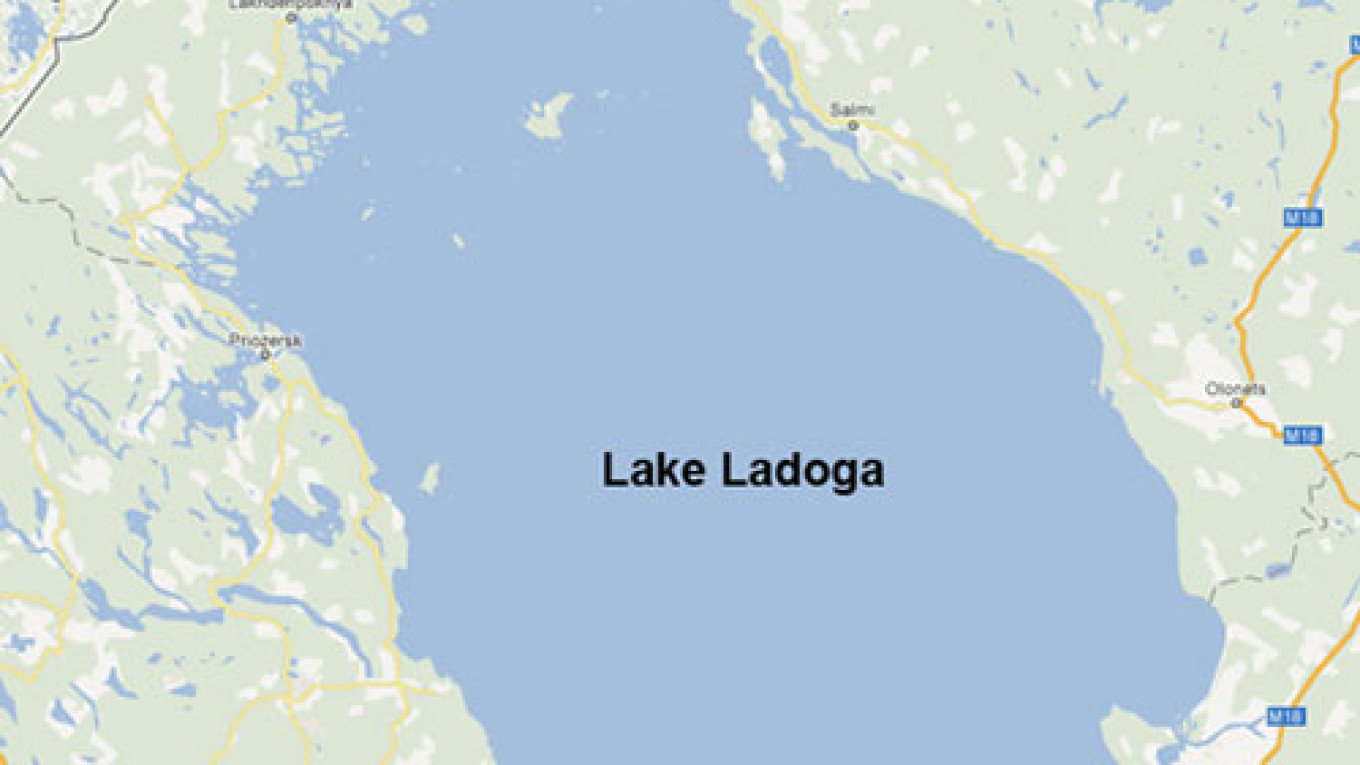The A-119 chopper landed hard on the ice covering Lake Yanisyarvi on Friday afternoon, about five kilometers from its destination, the difficult-to-reach Black Rocks resort on the lake's shore, an Emergency Situations Ministry spokesperson told the news agency.
Two crew members and two passengers were on board the aircraft. All four were injured in the crash, one of them severely.
The helicopter had traveled to the lake from St. Petersburg. An Emergency Situations Ministry spokesperson told Interfax that the road to the resort is in bad condition, so vacationers take helicopters to get there.
It takes five to six hours in winter to reach the resort by car from St. Petersburg, according to directions on the resort's website.
A police source told Interfax that poor weather conditions may have caused the crash.
Meanwhile on Friday, a Bell-407 civilian helicopter crashed in Tatarstan, killing the pilot, who was alone on the aircraft.
The chopper fell off the radar on Friday, RIA-Novosti reported. A few hours later, at around 11:30 a.m. Moscow time, the crashed helicopter was found by a resident of the Nizhnekamsky region in Tatarstan, located 200 kilometers southeast of Kazan. The helicopter had taken off from the Tatarstan town of Bugulma and was heading for Kazan, about a 300-kilometer journey.
The pilot, Valery Maiorov, died in the accident, an Emergency Situations Ministry spokesperson said. The spokesperson did not specify the likely reason for the crash.
Another helicopter of the same model, Bell-407, manufactured by U.S.-based Bell Helicopter, crashed last month in the Volga River near Nizhny Novgorod after clipping an electric wire.
The pilot, who was the only person on board, died in the incident.
A Message from The Moscow Times:
Dear readers,
We are facing unprecedented challenges. Russia's Prosecutor General's Office has designated The Moscow Times as an "undesirable" organization, criminalizing our work and putting our staff at risk of prosecution. This follows our earlier unjust labeling as a "foreign agent."
These actions are direct attempts to silence independent journalism in Russia. The authorities claim our work "discredits the decisions of the Russian leadership." We see things differently: we strive to provide accurate, unbiased reporting on Russia.
We, the journalists of The Moscow Times, refuse to be silenced. But to continue our work, we need your help.
Your support, no matter how small, makes a world of difference. If you can, please support us monthly starting from just $2. It's quick to set up, and every contribution makes a significant impact.
By supporting The Moscow Times, you're defending open, independent journalism in the face of repression. Thank you for standing with us.
Remind me later.






